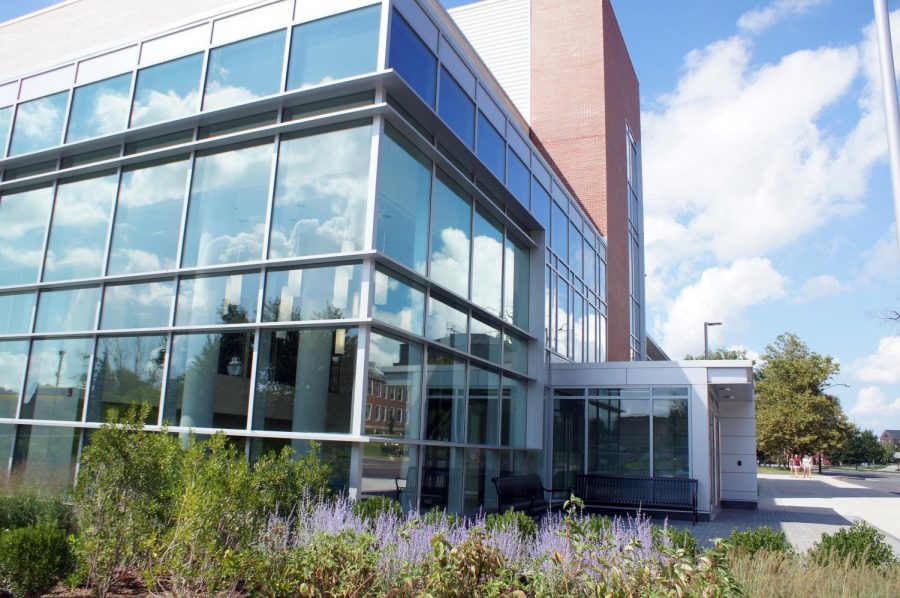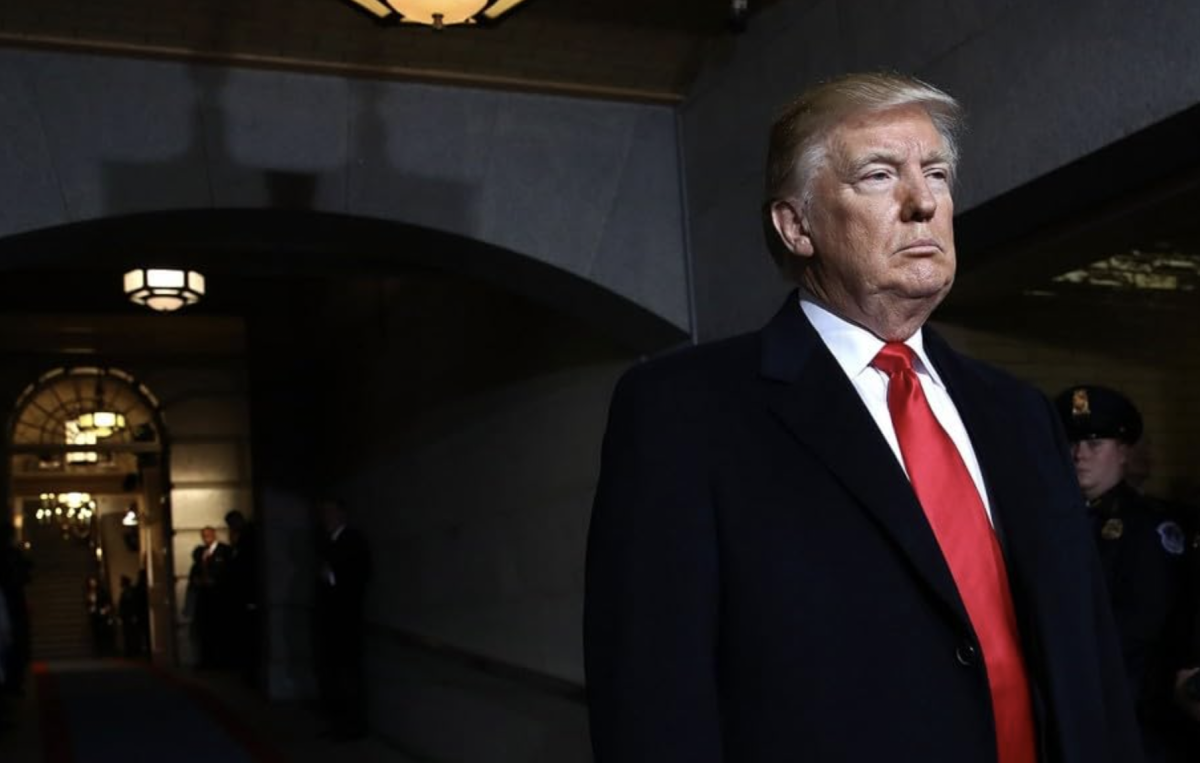On Thursday evening, a book launch and panel discussion for “Reclaiming Judaism from Zionism: Stories of Personal Transformation” took place at the University of Massachusetts.
Held in the Integrative Learning Center, the event attracted dozens of students and community members interested in issues of Zionism and Jewish identity. The discussion was led by the book’s editor, Carolyn Karcher. Karcher, a professor emerita of English, American studies and women’s studies at Temple University. The other panelists included academics, researchers and activists.
The panelists spoke about their experience with Zionism and eventual movement away from it, developing a Jewish identity independent from deeply politicized notions of Israel. Karcher, who defined Zionism as a “political ideology of Jewish Nationalism,” said she personally found it incompatible with her understanding of the ethics of the Jewish religion.
“As I understand the Jewish ethic, love your neighbor as yourself, love the stranger because you were strangers in Egypt, pursue justice, repair the world,” Karcher said, “I don’t see how you can commit yourself to these values and at the same time support the policies that Israel is implementing daily towards Palestinians.”
Karcher explained she came up with the idea for a book, which contains personal narratives from forty Jewish activists and scholars, after hearing a number of people “talk about how and why they stopped believing in Israel as a safe haven where Jews could escape persecution.”
“[I] decided to collect these stories with the aim of producing a book people could use as a vehicle for starting difficult conversations within Jewish families and communities, and between Jews and non-Jews,” she said.
The event was co-sponsored by UMass professor of communications Sut Jhally, the Western Mass chapter of Jewish Voice for Peace and Students for Justice in Palestine.
One of the panelists, New York University Professor Hasia Diner, said she was the child of Holocaust survivors and was raised in a politically active Jewish household in Milwaukee during the 1960s. According to Diner, Judaism, Jewish culture, Zionism and the struggle for social justice in the civil rights movement were “four inextricably connected strands of daily life” during her childhood.
Decades later, Diner questioned the compatibility of her commitment to progressive politics with her adherence to Zionism. Asked by a friend to run for the World Zionist Conference, Diner was presented with a document she referred to as the “Jerusalem Platform.” She explained the list included several tenets she disagreed with, including “Israel is the center of Jewish Life” or “Israel must always be Jewish and Democratic.”
“Nearly everything on that platform violated [my] beliefs,” she said. “It was not possible…to hold constant my belief in progressivism and making a world where race and ethnicity where not barriers between people and my Zionism.”
Babson College history professor Marjorie N. Feld, CODEPINK director Ariel Gold and writer Ben Lorber also spoke at the event.
The only Israeli member of the panel was Suffolk University professor Shoshana Madmoni-Gerber. Raised by Arab-Jewish immigrants from Yemen, Madmoni-Gerber said her childhood was based on devout Orthodox principles and the “words of Zionist leaders were [merged] with the words of God and the words of the Torah.”
Struggling with her Arab background in a community she felt was hostile to it, Madmoni-Gerber felt her education “was making us [Arab Jews] hate who we are, making us hate our culture.” As early as the third grade, she and her sisters changed their accents and didn’t want her parents to speak Arabic in public. Later in life, she viewed Zionism as Eurocentric and a rejection of her heritage.
During her experience with the Israeli military, she became more aware of racism within Israel and eventually renounced Zionist ideology.
“I started to notice the divisions, that all the commanders were Ashkenazi, while all the Mizrahi were cooks, and guards, and drivers,” she explained.
Eventually, Madmoni-Gerber came to the United States to continue researching discrimination against Arab Jews by the European Ashkenazi minority in Israel.
Concluding the event, many panelists talked about opposition they had faced in moving away from their Zionist beliefs, including the loss of friends and family members. After jointly publishing an article articulating their stance in 2015, Diner and Feld said they were sent death threats, called anti-Semitic, told they were not “good Jews” and were barred from numerous speaking events and conferences.
Diner said that despite adversity, she was stronger in her beliefs as a result.
“I have to come to a place where Judaism, the text, the ethical underpinnings, the idea of the cycle of holy time that separates holiness from the mundane have come to be more meaningful to me than ever before, it has actually made me ‘more Jewish,” she said. “Synagogue time and family ritual feel more spiritually intense to me now than when all religious practice seemed to pivot around Israel. Now shorn of its nationalistic impulses, my new Judaism is much deeper than my previous.”
Colin Bratton can be reached at [email protected].




















David Hunt 1990 • Oct 14, 2019 at 4:08 pm
To the Palestinians, the only good Jew is a dead Jew. They say so themselves.
To the Palestinians, the only good Israel is a razed Israel. They say so themselves.
How do you “coexist” with someone sworn to your destruction?
Stephanie Margolis • Oct 10, 2019 at 1:09 pm
Not mentioned above was when I asked this question “How does stripping Zionism from your identity help create a better opportunity for dialogue and discussion with Palestinians, Israel’s, American Jews or other Americans. I myself am a prod Zionist and am struggling to come to terms with some of what you are saying although I totally agree that there are problems in the region.”
The panelist proceeded to dismiss my question and bash my Zionist identity which I found funny because they were upset for being cast out from the mainstream Jewish community and then cast me out as not upholding Jewish values. One panelist later compared having to be talked with sitting down and having a discussion with a Zionist (ie me) the same as choosing to try to reason and have dialogue with someone in the KKK (for the record the KKK is extremely antisemitic).